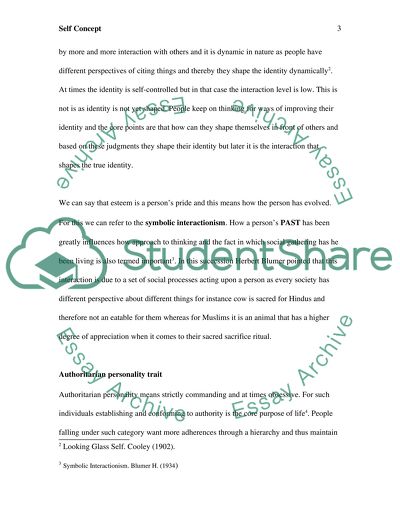Cite this document
(“The Concept of Self Essay Example | Topics and Well Written Essays - 1500 words”, n.d.)
Retrieved from https://studentshare.org/psychology/1527091-the-concept-of-self-essay
Retrieved from https://studentshare.org/psychology/1527091-the-concept-of-self-essay
(The Concept of Self Essay Example | Topics and Well Written Essays - 1500 Words)
https://studentshare.org/psychology/1527091-the-concept-of-self-essay.
https://studentshare.org/psychology/1527091-the-concept-of-self-essay.
“The Concept of Self Essay Example | Topics and Well Written Essays - 1500 Words”, n.d. https://studentshare.org/psychology/1527091-the-concept-of-self-essay.


